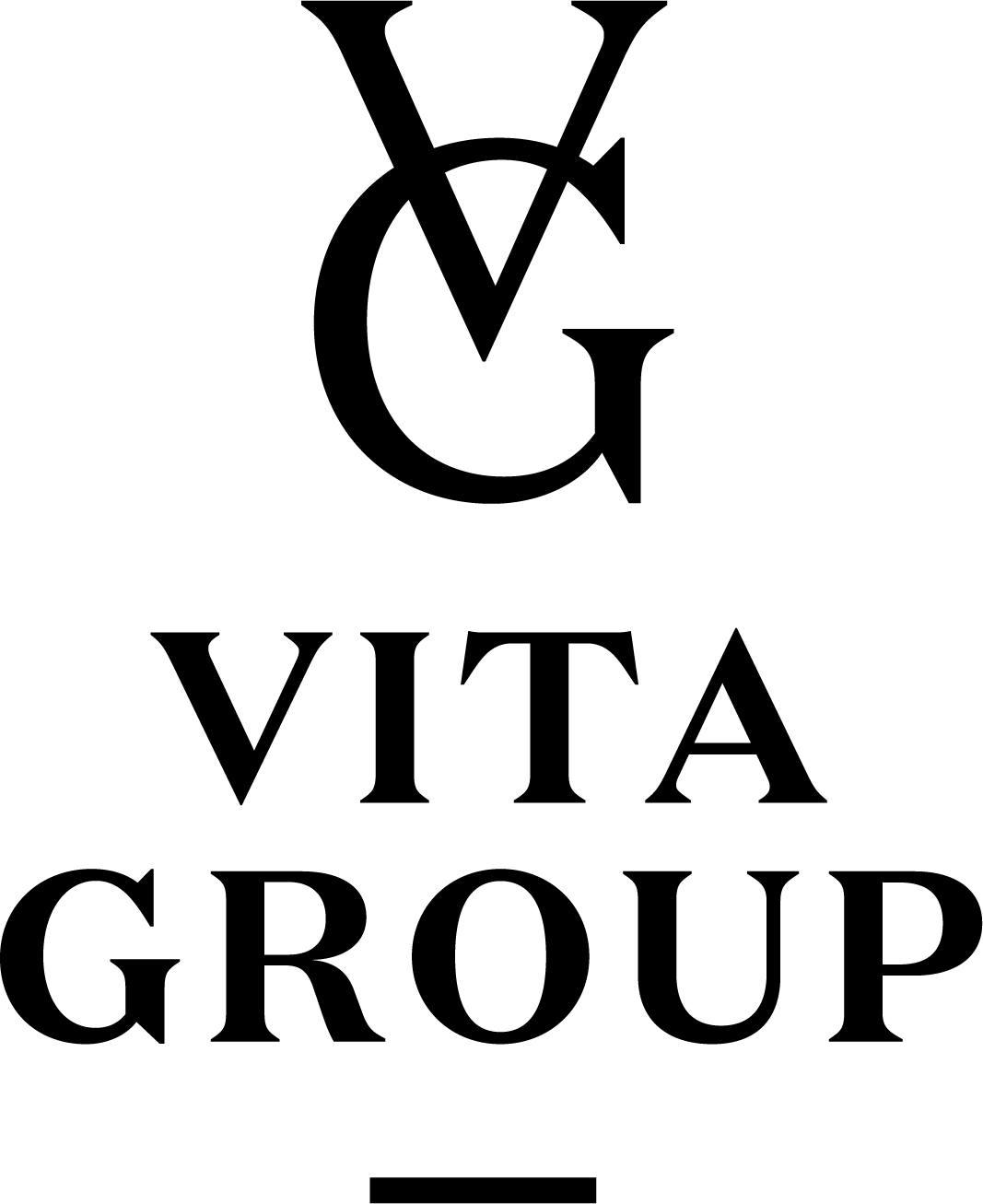
After two years, the difference between what buyers are looking for and sellers are providing is coming closer together, bringing the market mismatch closer to a match.
Market mismatch can be defined as the measure of the price gap between search interest and available listings. On a scale of 0 to 100, a “0” represents a perfect match and a 100 represents a complete mismatch.
A report from Trulia found the market mismatch has fallen 15 percent. The gap shrunk from 13.1 to 11.1 last quarter, making it the lowest the gap has reached since the beginning of 2016.
Market mismatch coming closer to a perfect match of zero means there’s an increase in homebuyers searching for price points that are more common on the market.
Boston’s market mismatch score is 15.1, with starter homes still being the most searched at 38.1 and searches for premium homes coming in at 33.4 percent. Boston’s listings are composed mostly of premium homes, making up 48.4 percent. Starter homes make up the smallest amount of listings at 25 percent.
There’s been a competition for starter homes over the last two years because of there low inventory on the market. As a result, buyers who would originally purchase a starter home are willing to spend more money and participating in premium home searches.
“These shifts in market mismatch suggest things may be getting a little easier for premium home sellers in the current peak home buying season as interest has been picking up more quickly than in the starter and trade-up categories,” Trulia reports.
Searchers for starter homes fell from 31.1 percent to 28.7 percent over the last quarter. Premium home searches rose from last quarter, making up 41.4 percent of all searches and 52.5 percent of listings since last quarter.
